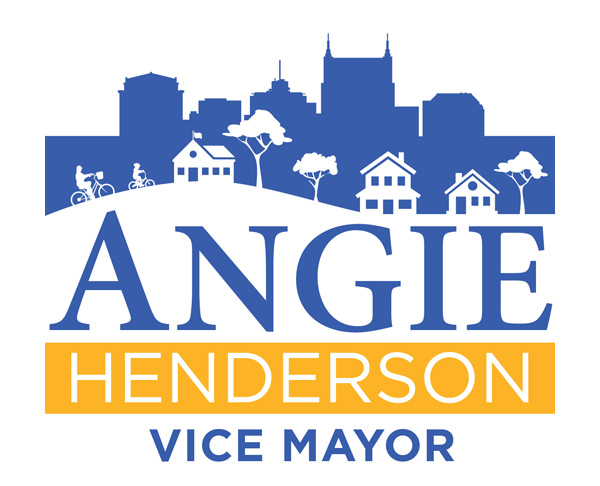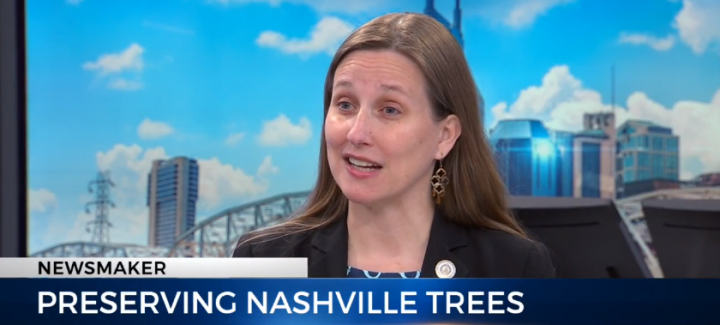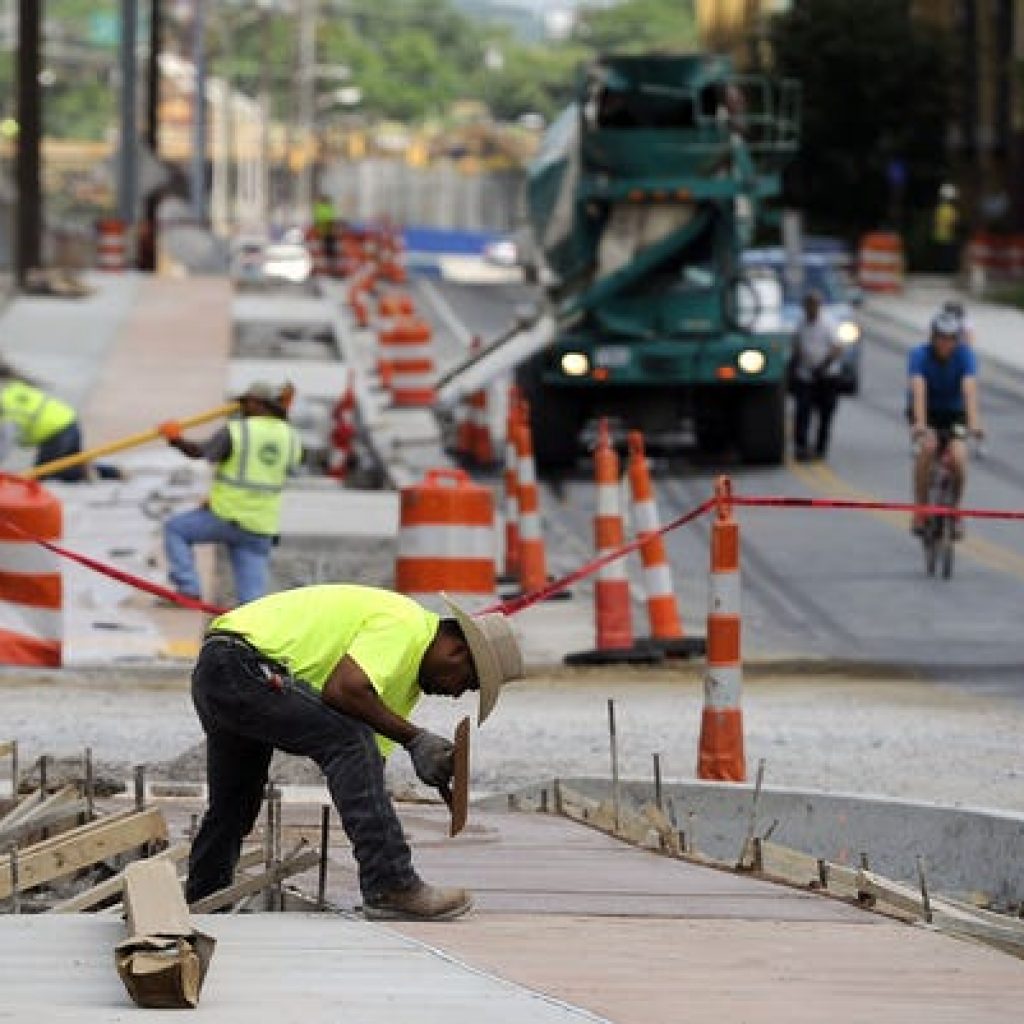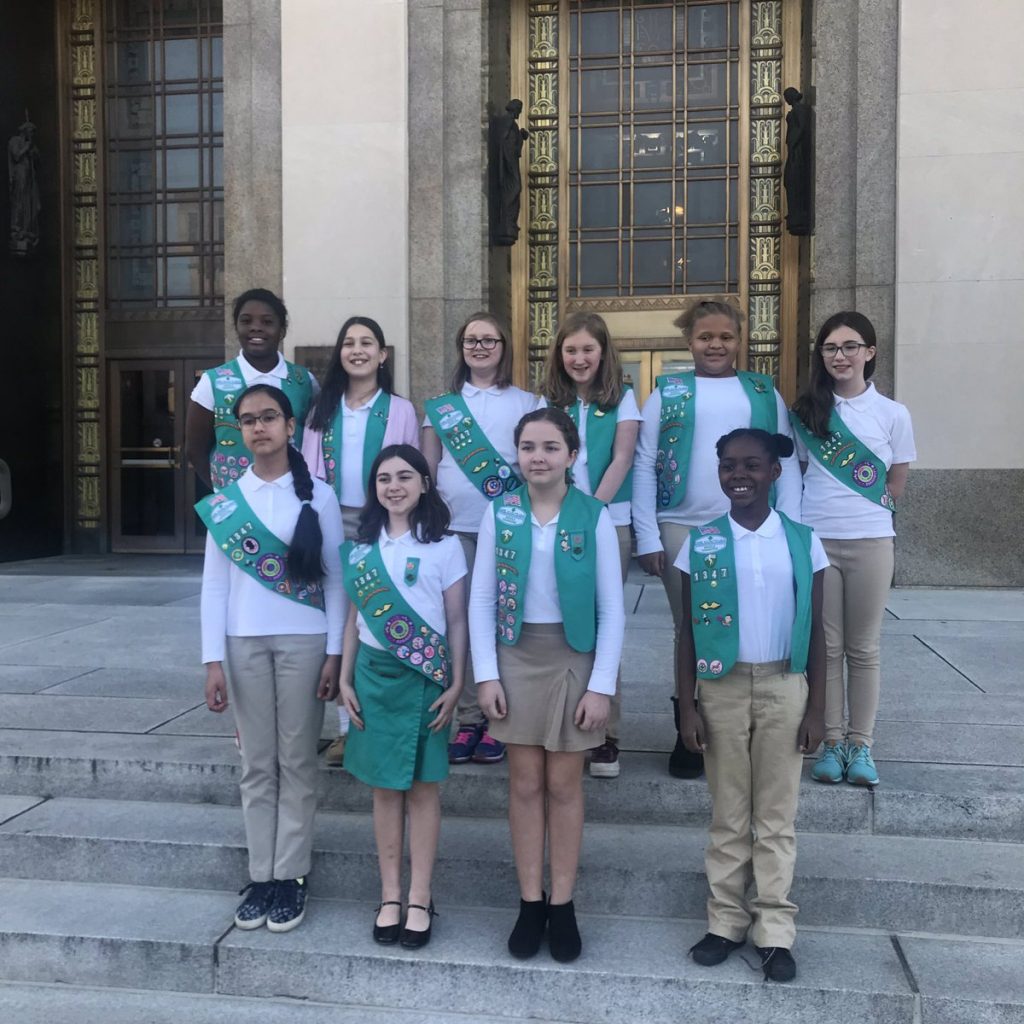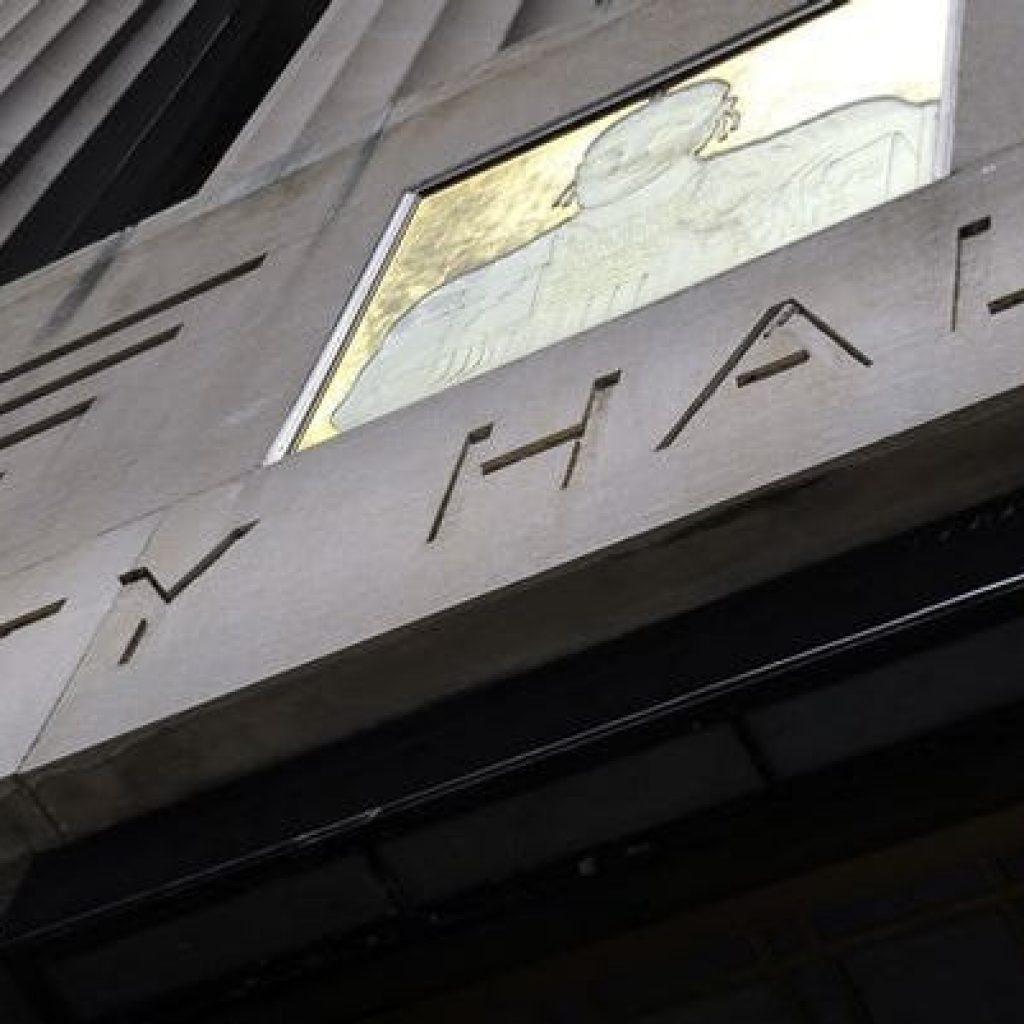I sent the following letter to the Metro Council this morning as we contemplate the final meeting of our term with several controversial bills before us, including BL2019-1633, which attempts to address 24/7 mini-hotels in residential zoning, but as currently drafted creates as many problems as it purports to solve. I have a compromise, “second substitute” bill that I hope colleagues will consider seriously.
Dear Colleagues,
I cannot believe how swiftly four years have passed. It has been an honor to work with you all to help make Nashville better, safer, healthier, and happier to the best of our abilities. I think we would all acknowledge that strong neighborhoods are the building blocks of our city. In our term, one issue that has affected a wide variety of neighborhoods and constituents from the single-family suburbs of District 34 to the multi-family apartments of District 19 is Not-Owner-Occupied Short Term Rentals. This Council did not enable this annual permitted use–it was the prior Council, but we have certainly struggled with the unintended consequences. I hope together we can achieve a resolution this evening.
I want to bring your attention to one of two proposed second substitutes in the amendments packet and put the Henderson/Hagar/Johnson substitute (pages 13-17) in context of 1) this term’s broader STRP policy struggles and 2) the various options that are before you for consideration.
Not-Owner-Occupied STRP-permitted properties have been a mounting problem for neighborhood quality of life and housing affordability in Nashville and numerous cities with thriving tourist economies across the U.S. and the world. Increasingly we have seen that the benefits of the annually permitted not-owner-occupied STRP use to guests, owners, and the tourist economy are outweighed by the damage to neighborhoods, quality of life, and housing affordability. This is acute in neighborhoods closest to downtown and areas near popular tourist destinations. Every city struggles with the appropriate regulatory balance for these low-barrier-to-entry, disruptor business platforms, but the platforms control the narrative and with it the related-policy with millions in lobbying and marketing money.
I would remind colleagues of the same thing Councilman O’Connell and I said when we voted against the enabling scooter legislation: legislating for disruptive and hyper-evolving business models requires sunset provisions. There is no accountability or reckoning without them. So here we are in the sunset of our term, and we have the opportunity to sunset new Not-Owner-Occupied short term rental in RM zoning. Sunsetting STRP annual permits in residential-only zoning, whether that’s R, RS or RM, will not diminish the underlying appreciating real estate asset. The primary use of the property as zoned has always been and remains residential. Taking thousands of homes off the market and turning them into 24/7 mini-hotels via an annual permitted use is something that we can and should fix.
The onus is not on us to make sure that a speculative real estate investment garners it’s maximum return. The onus is on the buyer to perform due diligence before making their purchase. Basing an investment on a one-year permit in a hyper-evolving and contentious business model has risks. This would be clearly evident to any investor with a quick Google search.
Subsequent to the passage of 608, which addressed Not-Owner-Occupied STRPs in R and RS zoning, we have seen and heard from numerous Nashvillians distraught that their RM apartment community is being converted into an STRP hotel. As we close out this term, let’s start closing the door on this practice. Our Council securing places for people to live is more fundamental to our success as a city than our securing commercial hotel investments in residentially zoned neighborhoods. Real estate investors will tell you that markets like certainty, and they are correct about that. So let’s provide that certainty. Let’s substitute and thus simplify this legislation.
The Henderson/Hagar substitute, which is supported by the Coalition for Nashville Neighborhoods does the following:
• Returns the bill essentially to the form it was in when it unanimously passed the Planning Commission (before it was subsequently amended and substituted.)
• Eliminates exemptions and transfers for RM zoned properties. This is key. Passage of 1633 in its current form will effectively make an annual permit a property right.
• Extends the window to acquire a new permit from May 31, 2020 to January 1, 2022 to address the concerns of in-progress investors and balance the removal of the exemptions and transfers.
• Keeps all necessary state law changes and includes the language to deal with lawsuits pending against Metro for HPRs who were issued STRP permits before July 1, 2019
I know that Councilwoman Allen’s heart was in the right place with 1633, and it was a bill initially supported by neighborhood leaders albeit with some skepticism, but you have heard the email furor from neighborhood advocates about this bill as currently substituted and amended. That’s not just because it reflects concessions primarily for speculative builder/investors, but because the exception and transfer provisions could have very real negative consequences for both RM and R & RS zoning districts. It sets a bad precedent and does not provide the clear and definitive policy statement that Nashville’s residents and real estate investors want and need.
As we conclude our term and our deliberation on this policy, let’s please think more about the parents living next to not-owner-occupied short-term-rentals and have empathy for the anxiety they feel every Thursday waiting to see who is going to show up and be hanging out across the back fence or on the deck above their children’s playset. Let’s think more about the young couples, who are going to have to move out of their downtown apartment close to their work to the periphery of the county to find an affordable place to live, compounding our traffic problem, because their residential apartment community is being turned into a hotel.
Nashvillians are watching. They are no longer fooled by the false and self-serving narratives proffered by this industry. Please show the majority of Nashvillians who you represent by supporting and voting in favor of the Hagar/Henderson/Johnson substitute.
Our substitute is solid and thoughtful bill that meets the needs and concerns of a wide variety of districts and stakeholders. We did not file it rashly. We co-sponsors have followed this issue very closely our entire term, and our substitute reflects four years of listening and researching a broad variety of cities and stakeholder perspectives.
Hard though it may seem, if Councilwoman Allen were to simply let go of her much-maligned bill, which it does not appear she has the votes to pass, moving the Henderson/Hagar/Johnson substitute would honor her legislative intent and achieve the majority of her policy goals. Complicated though this seems, it’s really quite simple. Let’s not give up on Nashville’s neighborhoods at the finish line.
With thanks for your consideration,
